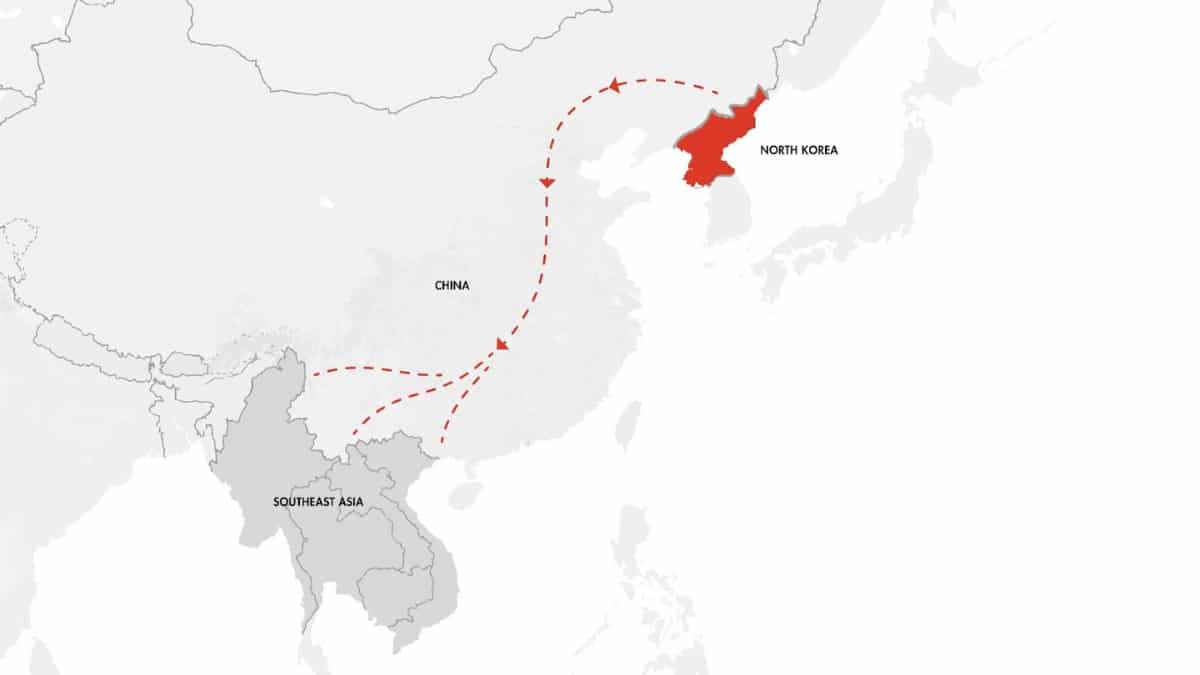In a poignant display of discontent with North Korea’s regime, a notable increase in defections from overseas postings highlights the profound challenges faced by North Korean diplomats and workers abroad. Reports reveal a growing number of individuals risking perilous journeys to escape oppressive conditions and seek refuge in other countries.
North Korean overseas assignments, traditionally viewed as strategic deployments to maintain loyalty and monitor dissent, have become catalysts for defection due to dismal living standards and stringent ideological controls. Defectors often cite economic hardships, limited personal freedoms, and the stark disparity between their host countries’ prosperity and North Korea’s deprivation as primary reasons for seeking asylum.
Defectors typically navigate through clandestine routes, often transiting through China or other neighboring countries, facing the constant threat of capture and repatriation. Their courage is compounded by the risk of exploitation by human traffickers along the way.
Upon reaching their destinations, such as South Korea, defectors undergo rigorous resettlement processes aimed at integration and support. These include housing, financial aid, and educational opportunities to facilitate their transition into new societies.
International observers stress the urgent need for enhanced diplomatic and humanitarian efforts to protect North Korean defectors and address the root causes of their plight. The escalating number of defections serves as a poignant reminder of the regime’s oppressive grip and the resilience of individuals determined to secure basic human rights and a better future beyond North Korea’s borders.
Overseas assignments for North Korean nationals are often seen as both diplomatic missions and strategic postings aimed at maintaining loyalty to the regime. However, increasing accounts of defections suggest a widening disillusionment among those dispatched abroad. Motivations for defection range from economic hardships to political repression. Many defectors cite substandard living conditions and limited freedoms compared to the relative prosperity they witness in their host countries.

